Description
K.M. Panikkar (1895-1963) became well known as a distinguished administrator and diplomat. But the field in which he really excelled was history. His best work, Asia and western Dominance, was published in 1953, and raised a great uproar in Christian missionary circles, particularly in India. He had documented the role of Christian missions as accomplices of Western in 1929, was a prolegomenon to what came twenty-four years later.;It is customary to speak about the ‘Portuguese Empire’ in India as if it were something distantly alike, and predecessor to, the British Empire. The Portuguese never had any ‘Empire’ in India. They had a few coastal towns, and their authority never extended beyond a few miles of their naval bases. So far as Malabar was concerned this was undoubtedly the case.
The hundred years’ was with the Zamorin, which was essentially a bid for land power, failed miserably with the capture, by that ruler, of the fortress at Chaliyam in 1599. The result was that, except in Cochin and Quilon, the Indian rulers strongly resisted their encroachments and were always in open fight against their pretensions. Never were they able to gain either the confidence or the respect of the people with whom they came in contact. The popular idea, which was on the whole right, was that the Portuguese were, as a nation, treacherous, untrustworthy and barbarously cruel. Whenever there was an opportunity for plunder, they never allowed either considerations of humanity, religion or good faith to stand in their way. The Portuguese came to India with a Cross in the one hand and a sword in the other. King Joao III (1557-1578) was particularly anxious about the spread of Christianity and wrote to the Viceroy Joao de Castro demanding that all the power of the Portuguese should be directed to this purpose.

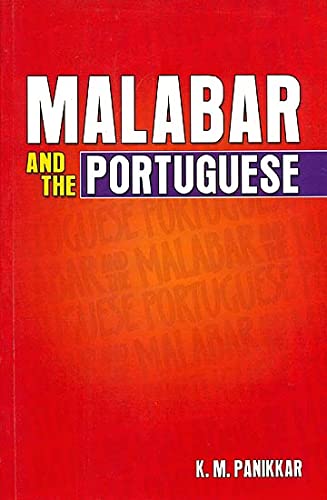
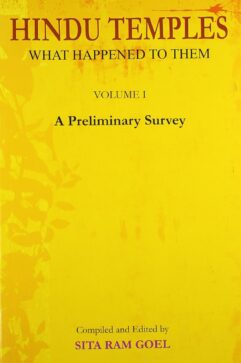
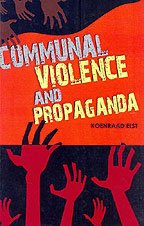
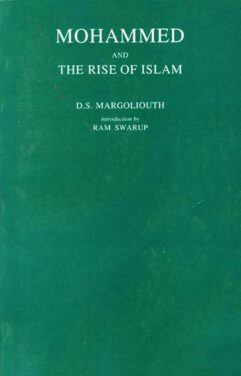
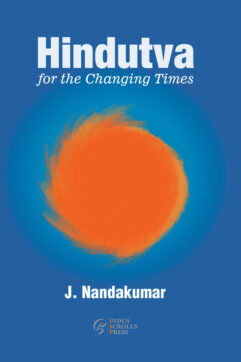
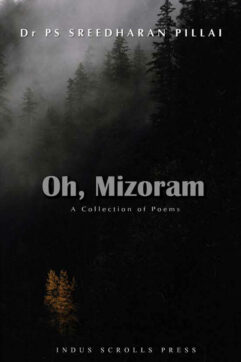
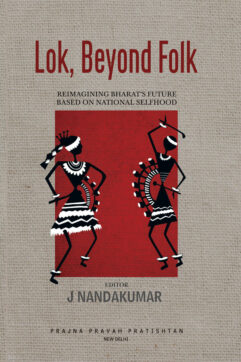
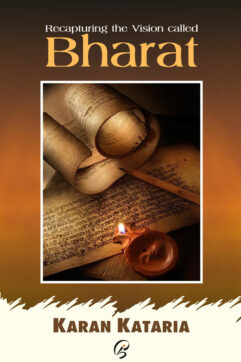
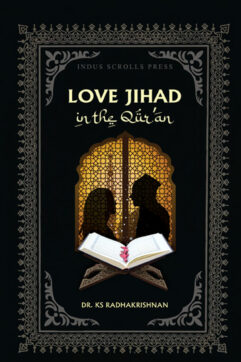
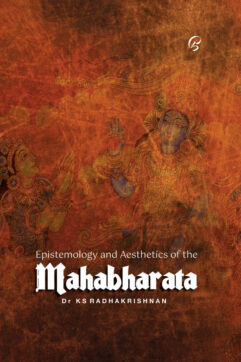
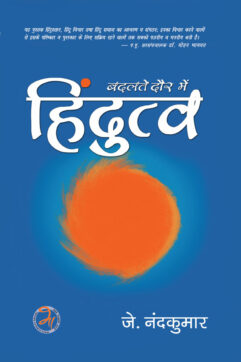

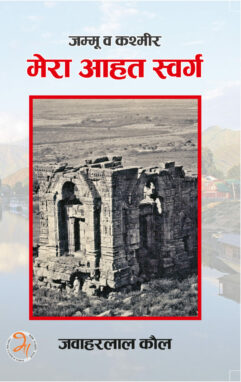
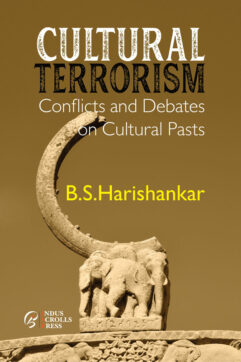
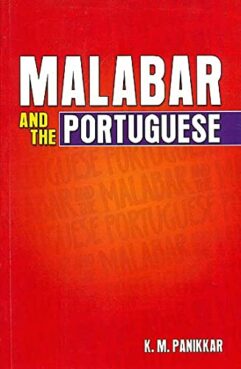
Reviews
There are no reviews yet.